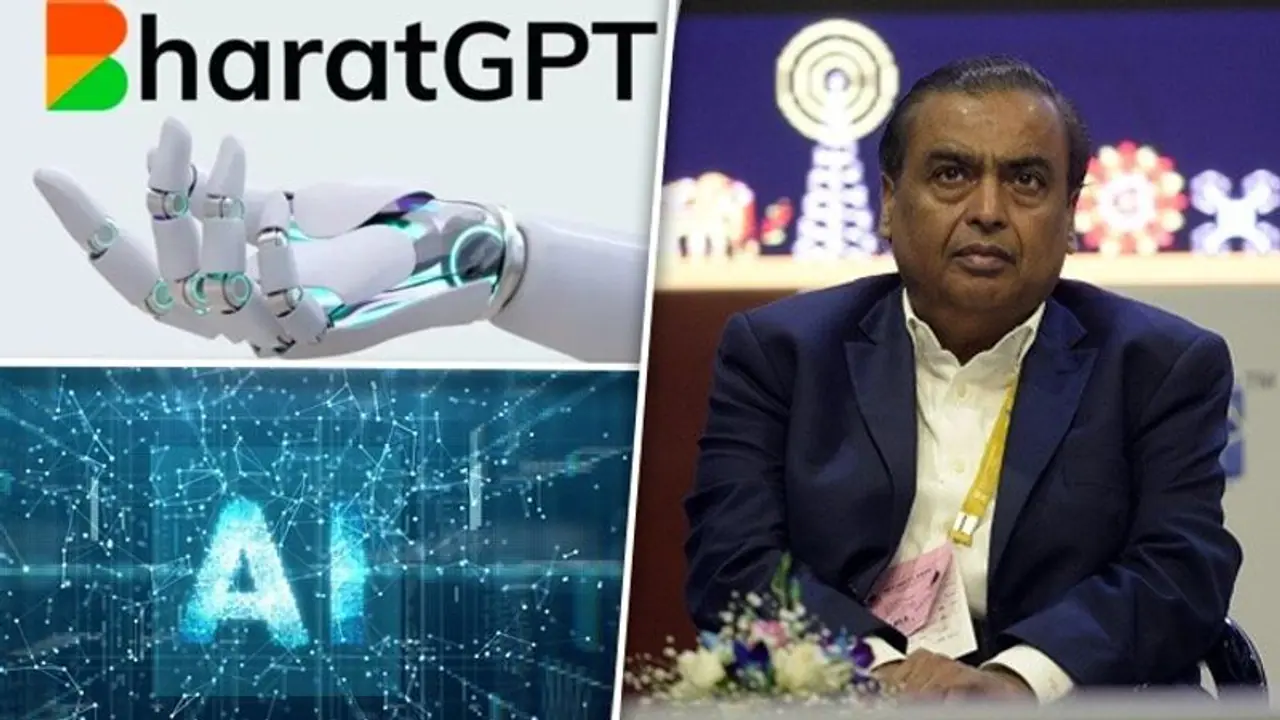BharatGPT, a pioneering private-public partnership backed by Reliance Industries and Indian engineering institutions, is set to launch Hanooman, a ChatGPT-style AI language model, in March.
A consortium supported by Mukesh Ambani's Reliance Industries Ltd and India's leading engineering institutions is gearing up to unveil its inaugural ChatGPT-style service next month, marking a significant stride in the country's aspirations to establish a presence in the artificial intelligence domain. Named BharatGPT, the coalition, which includes a division of India's most valuable company along with eight affiliated universities, provided a preview of the extensive language model on Tuesday at a technology conference held in Mumbai.

During a presentation showcased to attendees, a motorcycle mechanic from southern India interacted with an AI bot in Tamil, his native language, while a banker engaged with the tool in Hindi, and a developer from Hyderabad utilized it to write computer code. If successful, the model, named Hanooman, could mark a significant advancement for India in the rapidly evolving race to develop potentially transformative AI technology.
BharatGPT envisions Hanooman operating across 11 local languages and focusing on four key sectors: healthcare, governance, financial services, and education. The model was developed through collaboration with Indian Institute of Technology campuses, including Bombay, with support from wireless carrier Reliance Jio Infocomm Ltd. and the Indian government.
Numerous startups like Sarvam and Krutrim, supported by notable VC investors including Lightspeed Venture Partners and billionaire Vinod Khosla's fund, are actively developing open-source AI models tailored for the Indian market.
While Silicon Valley giants like OpenAI are focused on constructing increasingly large language models (LLMs), these endeavors face challenges due to computational limitations. Therefore, startups are concentrating on crafting simpler and more affordable models suitable for smaller businesses and government agencies in India.
“It’s a different genre of LLMs,” Ganesh Ramakrishnan, chair of IIT Bombay’s department of computer science and engineering, was quoted as saying by Bloomberg.
During an interview at the annual Nasscom IT industry conference, he mentioned that Hanooman will also incorporate speech-to-text capabilities, significantly enhancing its user-friendliness. In a nation of 1.4 billion people, where millions struggle with illiteracy, this feature holds immense importance.
Additionally, Reliance Jio intends to develop customized models tailored for specific purposes. The conglomerate, spanning telecom to retail, is already in the process of creating Jio Brain, a platform designed to leverage AI across its extensive network of approximately 450 million subscribers.
LLMs, short for large language models, operate by learning from extensive datasets and producing responses that sound natural. These models utilize generative AI, a newer form of artificial intelligence popularized by the achievements of OpenAI's ChatGPT.
BharatGPT's initiative in this domain is somewhat distinctive—it represents the country's first private-public partnership of its kind, involving significant players from various sectors.
“It’s like the Indian joint family,” Ramakrishnan told Bloomberg, referring to inter-generational family structures still common in the country. “We are interdependent, and we do better together.”
